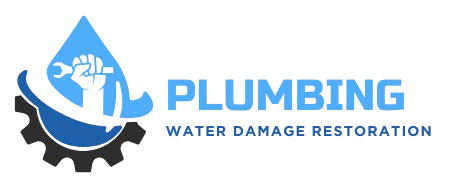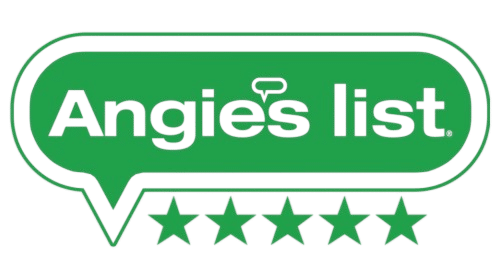Homeowners in Littleton frequently need to call for professional help because of certain typical sink problems that ensue day-to-day and demand fast resolution. One of the most common complaints is that of the leaky faucet. Under normal conditions, a faucet should only release water when you want it to, yet you may discover that it has gone rogue and is dripping, or worse, gushing. You might be tempted to fix this yourself and save a buck, but odds are good that you don't have the tools or the know-how to get it done right the first time and keep it done. A leaky faucet is often repaired using replacement parts like washers or rubber O-rings. If these parts aren't the problem or aren't causing the problem anymore, then using them to fix the faucet is sort of like sending pumps and pumping stations (your hands) to the side of the river that has no water in it.
The leaks that are found in plumbing, like those located beneath the sink or around the base of the faucet, are a common type of sink repair. These leaks can lead to severe water damage. Prolonged exposure to moisture can ruin cabinetry and jeopardize flooring. However, these issues are minor compared to the serious health risk associated with mold. If you have a leak, get it fixed fast. While you’re at it, see if you can’t pump up the pressure to the sink as well, if that’s been an ongoing problem. Littleton homeowners have been plumbing their way through these two main issues for years. They do tend to have some DIY potential, of course, but if you aren’t confident in your repairs, enlist a professional. You’ll save yourself a headache down the line.
When severe structural problems occur, Littleton residents call in the professionals to effect sink repair. We're pros and know all about the severity scale, from "a little cracked but still usable" to "this thing is broken and might be a health hazard, considering how many times we've used it to wash our hands and how many bacteria are probably living inside." Earnest as they may be, we don't. It's still the Consumer Reports way of presenting problems and their possible solve-alls that we uphold, in which kind of accent we hear way more than we’d like the kinds of words that make us think we might be on the verge of using "sinking" as a synonym for "what has now come to be."










